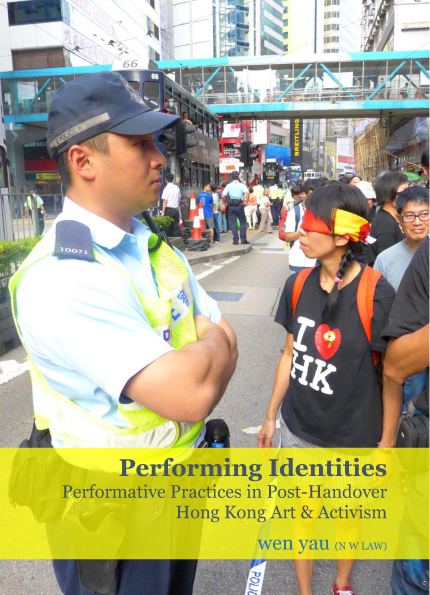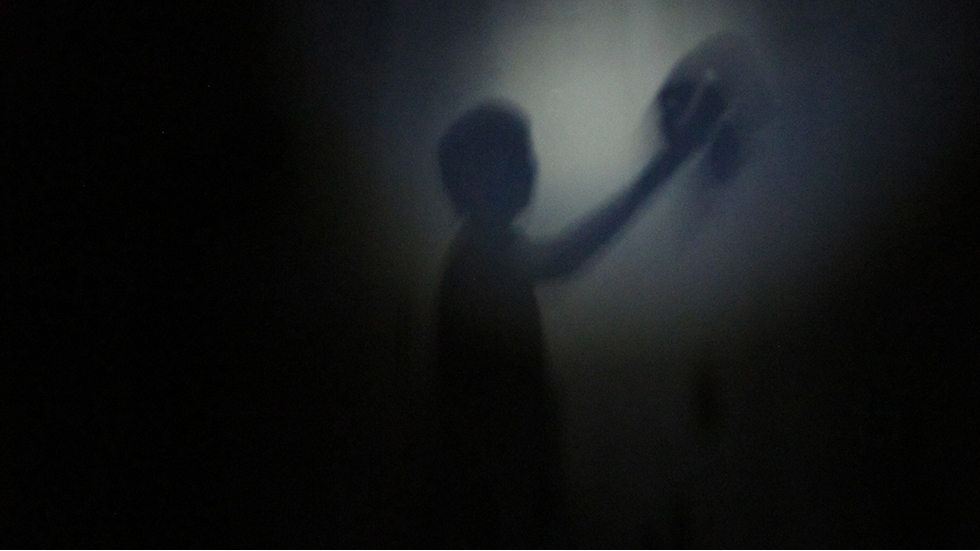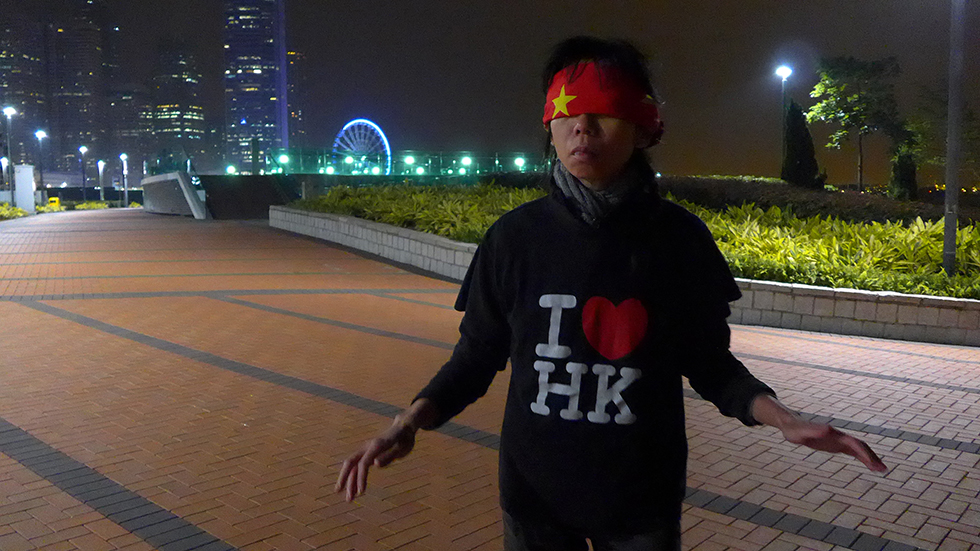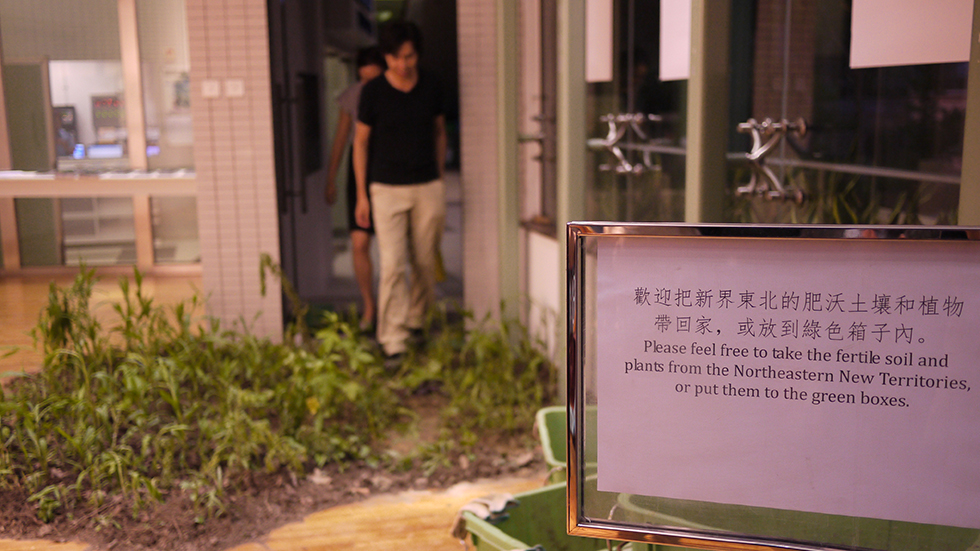
This is an autoethnographic account of the performative practices in the Umbrella Movement (2014, Hong Kong), a struggle that I myself and some fellow artists participated in. Instead of making a discursive analysis of postcolonial identity, this thesis focuses on performative practices and the performativity of artists and their activist counterparts in the Umbrella Movement. This thesis starts with an overview of the political situation in Hong Kong before relating it to the social turn in contemporary art practice and the performative turn in art and research practices. Instead of using performance as a metaphor for understanding cultural phenomena, I persevere with the notion of performance per se, of artists taking part in activism and examining the performativity involved in the process. As an artist/researcher, I have been seeking a research methodology that is compatible with the means and ends of activism being studied and can nourish a reflexive account on the performative practices of resistance in postcolonial Hong Kong. I propose a methodology of “performative autoethnography” which accentuates the co-performative and intersubjective process as well as the non-textual aspects of embodied experience and of performing struggle in activism. Reviewing the performative practices on macro- and micro-levels, I borrow the term ‘microutopia’ to depict the imaginary space created by micro-performances used to cope with the discrepancies between utopian ideals and reality. Specifically, I examine the transformative power of some performative tactics employed in the Umbrella Movement: parodic performance of “over-identification,” improvisation accomplished by collective connectivity and kinetic responsiveness of the performers, and the artist as an intersubjective mediator. Among these tactics, there are recurring claims and recurring forms that add up to a repertoire of protest. Through microutopian interventions staged at the site of protest, the identities of the multitude are constructed through critical engagement. I suggest that we use the concept of “critical identities” to study how identities are constructed within an open-ended network of social relations, using a critical reflexive lens of performance studies at a precarious moment in which Hong Kong finds itself at a crossroads.
Full version of the Thesis can be viewed via issuu or the HKBU repository.


